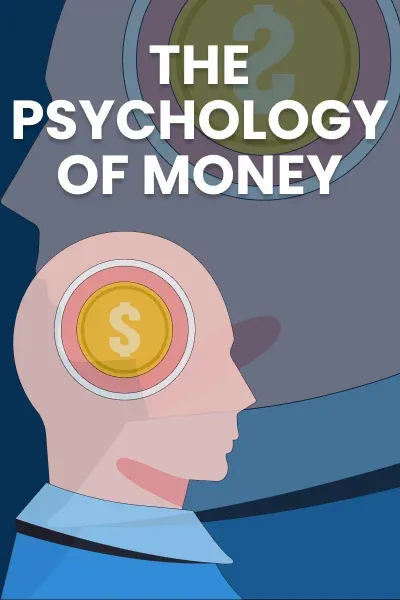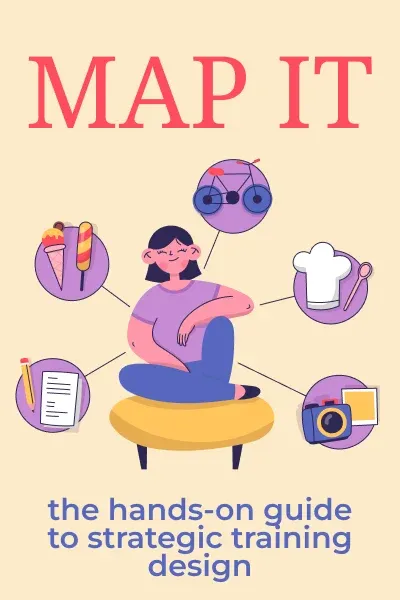
Freakonomics
Brief Summary
“Freakonomics” by Steven D. Levitt and Stephen J. Dubner explains the intricacies of human incentives, which stimulate us to work, do good things, and get what we want. Using historical examples, the authors also explore how economics can shed light on different phenomena.
Topics
Key points
Key idea 1 of 7
Incentives play a big role in our lives. It is what makes people do more good deeds and less bad deeds. There are positive and negative incentives, so-called *disincentives,* and we learn to react to both types from childhood. Remember how it instantly hurt when you touched hot water? Or how you felt when you received the phone of your dreams for a successful semester at school? These are all examples of incentives and how they motivate us to do certain things.
We can distinguish three types of incentives: social, moral, and economic. Moreover, the same situation can contain three types of incentives at once. For instance, what keeps us from committing theft? First, we can lose property, money, and jobs. All these things can be attributed to economic incentives. Secondly, it is disappointing to others, like our relatives, colleagues, and friends, which is a social incentive. Lastly, our conscience steers us away from crime and prevents us from illegally taking the property of others. Moral incentives play the leading role here.
Let's consider another story about kindergartens in the Israeli city of Haifa. Some daycare centers there had a strict policy: parents must pick up their children by 4 p.m. However, many parents ignored this rule, so two economists conducted a small experiment, setting a fine of $3 for being late. For the first four weeks, they simply collected information and statistics on lateness, and in the fifth week, they began to issue fines.
However, a new problem arose: this fine replaced the parents' moral disincentive with an economic one. Parents stopped feeling guilty for their tardiness because they knew they could easily pay off 3 dollars. Later, even more parents followed suit. Of course, if the fine were $100, such a situation would not have arisen because such a hefty amount could deter parents from being late.
FAQ
You may also like these summaries











